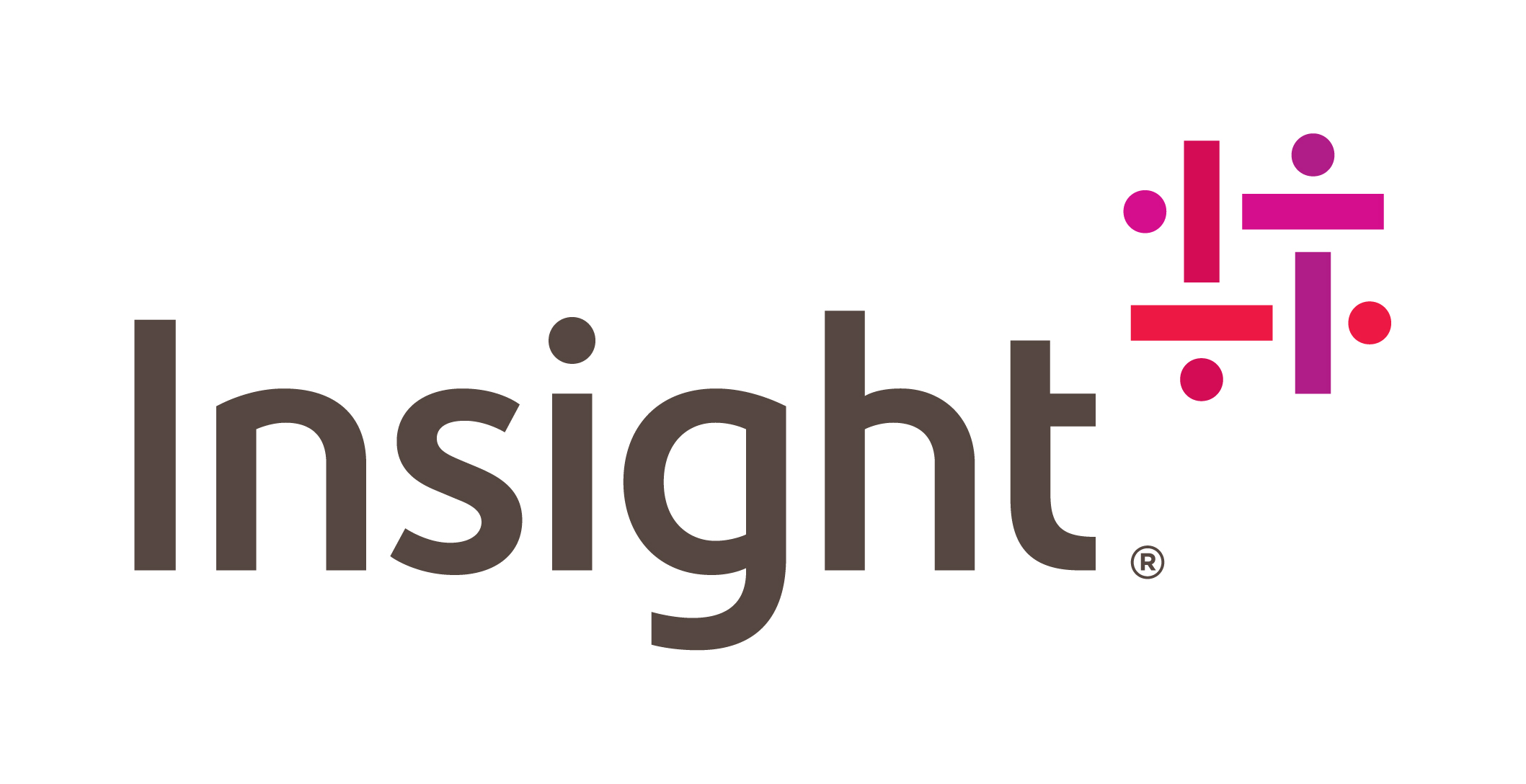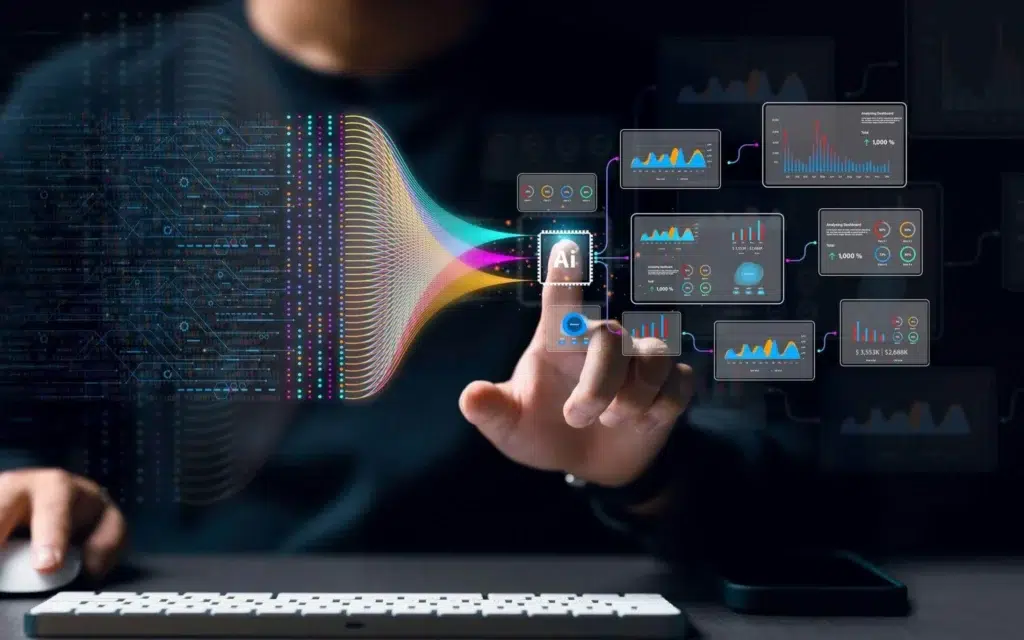Gemini vs ChatGPT

The launches of Gemini AI and ChatGPT mark a significant step forward in large language models, with each offering unique strengths for user interaction.
ChatGPT: Known for its impressive language understanding and generation capabilities. It excels in various tasks, from engaging in thoughtful conversations to providing creative writing prompts and even assisting with coding. This versatility has made it a popular tool for many users.
Gemini AI: While less widely known currently, it offers a compelling alternative with its focus on personalized user experiences. By leveraging cutting-edge AI, it aims to tailor responses and interactions entirely to individual preferences based on past encounters. This personalization could lead to a more natural and human-like user experience, potentially bridging the gap between user expectations and machine capabilities.

Overall, both platforms represent exciting advancements in human-AI interaction. While ChatGPT offers a powerful set of general tools, Gemini AI explores the possibilities of personalized user experiences. As these technologies evolve, it will be interesting to see how they continue to shape the future of AI interaction.
Gemini vs ChatGPT: comparison table
| Feature | Gemini | ChatGPT |
|---|---|---|
| Free chatbot access | Limited access to Gemini to try Gemini Pro | ChatGPT (access to GPT-3.5) |
| Notable editions and availability |
|
|
| API access (chatbot) | Yes, Gemini Pro (limited). | Yes, GPT-4 (prioritizes quality), GPT-3.5 |
| API access (other) | N/A | Yes, GPT-4 Turbo (prioritizes speed) |
| Paid chatbot access | Available through Google One AI Premium, $19.99/month | ChatGPT Plus, $20/month (priority access to GPT-4 even during high demand, faster responses, DALL-E image generation); additionally, there are ChatGPT Team and ChatGPT Enterprise options available at different price points. |

Comparing outputs from Gemini Advanced and ChatGPT Plus
Examining the outputs of Gemini Advanced and ChatGPT Plus within the context of artificial intelligence reveals notable differences in their approaches and strengths.
The language models
Both platforms leverage cutting-edge language models but differ in focus and implementation.
Gemini Advanced: Emphasizes its adaptability as a personalized assistant. Advanced algorithms facilitate learning from user interactions, potentially tailoring responses over time for a greater understanding of nuance and context. This specialization could be particularly beneficial for those seeking a conversational experience sensitive to individual needs.
ChatGPT Plus: Boasts an emphasis on vast knowledge and informative responses covering a wide range of topics. Its massive training dataset allows for handling complex queries accurately. Whether it's explaining scientific principles, assisting with coding, or generating creative content, ChatGPT Plus demonstrates impressive capabilities.
Information retrieval
Each platform exhibits distinct advantages in information retrieval:
Gemini Advanced: Prioritizes delivering highly relevant information based on its grasp of the user's context and preferences. This focus on precision could be particularly valuable for individuals seeking swift, accurate answers without excess detail.
ChatGPT Plus: Shines in providing comprehensive informational responses, leveraging its expansive knowledge base to address various aspects of a query. This makes it an excellent tool for academic exploration, research, or those desiring in-depth understanding of a topic. Its ability to cite sources and provide examples further enhances its value for information retrieval.
Gemini vs ChatGPT pricing
Choosing between ChatGPT and Gemini AI depends on your needs. ChatGPT offers clear usage-based tiers for both casual and professional users, emphasizing broad API access. Gemini AI aims to provide personalized solutions with pricing likely to reflect specific features and scale, accommodating individuals and businesses. This difference highlights how both platforms make advanced AI accessible, with options suited to various budgets.

Gemini AI chatbot pricing
Gemini AI intends to offer flexible pricing plans tailored to various user needs. This likely includes options ranging from a basic free version to more advanced packages with additional features and higher usage limits.
Google Gemini developer pricing
Gemini AI's developer pricing will likely focus on API access and advanced features for integrating Gemini's AI into custom applications.
ChatGPT chatbot pricing
ChatGPT, developed by OpenAI, provides tiered pricing for casual users and developers. A free tier offers basic features, with Plus versions for extended capabilities and higher query limits.
ChatGPT developer pricing
ChatGPT offers developer plans based on usage volume, allowing integration of ChatGPT capabilities into applications and services.
Chat: Gemini Pro
Gemini Pro stands out with its advanced personalization features. It continuously learns from user interactions, aiming to deliver responses and an interface that feel uniquely suited to each individual. This makes it ideal for situations where a high degree of personalization would enhance the user experience.
Chat: OpenAI ChatGPT
ChatGPT shines with its vast knowledge base and ability to generate detailed and informative responses across numerous topics. This makes it a valuable tool for educational purposes, content generation, and tackling complex or multifaceted problems.
Gemini: pros and cons
Gemini AI excels in personalized experiences, adapting interactions based on individual preferences. However, it's important to weigh the tradeoffs of this approach.

Gemini pros
- High personalization: Gemini AI goes beyond generic responses by considering the user's context and preferences. This allows for a deeply personalized, conversational experience.
- Flexible pricing: Tiered pricing options aim to make cutting-edge AI accessible to a wider range of users and budgets.
- Scalable solutions: Gemini AI can support growing demands, ensuring smooth long-term use for individuals and businesses alike.
- Enhanced user understanding: Gemini AI's ability to learn from interactions could lead to deeper insights into user needs and preferences. This can be valuable for businesses seeking customer behavior analysis or individuals interested in self-tracking.
- Potential for increased engagement: The personalized, conversational nature of Gemini AI could cultivate stronger user engagement. Users might be more inclined to interact with an AI that feels responsive to their unique needs.
Gemini cons
- Need for extensive customization: Reaching Gemini AI's full potential requires in-depth customization. While this creates a tailored experience, the setup process may be more involved than some other AI platforms.
- Potential privacy concerns: Personalization features increase the need for responsible data handling. This is an important consideration for all AI technologies, but the depth of personalization makes it particularly relevant to Gemini AI.
- Limitations in generalist tasks: Gemini AI's focus on personalization may make it less suitable for tasks requiring extremely broad knowledge compared to more general-purpose AI models.
Overall, Gemini's emphasis on personalization significantly advances user experience in the AI landscape but understanding both its strengths and tradeoffs is crucial for optimal use.

ChatGPT: pros and cons
ChatGPT shines for its vast knowledge and adaptability, but it's important to consider trade-offs for certain applications.
ChatGPT pros
- Extensive knowledge base: ChatGPT's massive dataset allows it to provide comprehensive and informative answers on a vast range of topics. This makes it a valuable tool for research, education, and exploration.
- Robust API for developers: ChatGPT's API offers flexibility for embedding its capabilities into various applications. This empowers developers to create custom AI solutions for chatbots, customer service tools, and more.
- Wide range of applications: ChatGPT's versatility makes it beneficial across numerous fields. It can generate different creative text formats, translate languages, write different kinds of creative content, and answer your questions in an informative way, even if they are open-ended, challenging, or strange. This breadth of application benefits sectors like education, customer service, and content creation.
ChatGPT cons
- Less personalization than specialized platforms: While ChatGPT can hold conversations, its responses can be less tailored to specific user needs compared to platforms like Gemini AI, which prioritizes adaptive personalization.
- Potential for inaccurate or misleading information: Due to the vast amount of data it draws on, ChatGPT can sometimes generate incorrect or misleading responses. Critical evaluation of its output remains important.
- Cost implications of higher tiers: Advanced features like priority access and higher usage limits are available in paid ChatGPT subscription tiers. These costs may limit accessibility for some individuals and businesses.
Key areas of AI competition: OpenAI vs. Google
OpenAI and Google are both leaders in the rapidly evolving field of artificial intelligence, with significant overlap in their areas of focus. Here's a breakdown of some key competition points:

Natural Language Processing (NLP) and generation: Both companies invest heavily in developing AI models capable of understanding, generating, and interacting with human language. OpenAI's ChatGPT and Google's models like BERT and LaMDA showcase advancements in this area. Applications range from enhanced search experiences to powerful content creation and translation tools.
AI ethics and safety: Ensuring the responsible and beneficial use of AI is a shared priority for both companies. They actively develop frameworks and technologies to guide the design of safe, unbiased AI systems. This competition extends to shaping societal norms around ethical AI development and deployment.
Other areas of competition:
- Reinforcement learning: Used to train AI agents in complex environments, this is a core focus for both OpenAI (e.g., with games like Dota 2) and Google (e.g., DeepMind's AlphaStar for StarCraft II).
- Computer vision: Developing AI that interprets and understands visual data is essential for tasks like image recognition and self-driving cars. Both companies have significant projects in this field.
- Generative AI: The creation of new content like text, images, or code with AI models is a hotbed of innovation, where OpenAI's DALL-E and Google's Imagen compete.
Important considerations:
- Partnerships and collaboration: While competitive, OpenAI and Google also collaborate in certain areas of AI research and development.
- Rapid evolution: The AI landscape changes swiftly. The competitive edge in specific domains can shift quickly as new technologies and breakthroughs emerge.

Should your organization use Gemini or ChatGPT?
Choosing between Gemini and ChatGPT depends on your organization's specific needs and priorities. Here's a breakdown to help you decide:
Gemini: When personalization is key
- Strength: Gemini excels in creating highly personalized user experiences. It adapts responses based on individual preferences and past interactions.
- Ideal for: Businesses seeking to enhance customer experience, engagement, and loyalty through tailored interactions.
- Use cases: Customer service scenarios where understanding individual needs is paramount, or creating customized marketing materials.
ChatGPT: When knowledge and versatility matter
- Strength: ChatGPT boasts a vast knowledge base and remarkable adaptability for various tasks. It can generate different creative text formats, translate languages, write different kinds of creative content, and answer questions thoroughly, even if they are complex or open-ended.
- Ideal for: Organizations needing a flexible AI solution for content creation, data analysis, customer support, and various other use cases.
- Added benefit: ChatGPT's robust API allows for seamless integration with existing systems for streamlined operations and automation.
Decision factors
- Customer interactions: Do your interactions require deep personalization or is a breadth of knowledge more important?
- Task scope: Are your AI needs focused on specific areas (e.g., customer service) or diverse and evolving?
- Strategic goals: Which platform better aligns with your overall business objectives and customer experience vision?
Note: Both platforms are under continuous development. Consider exploring the latest features and pricing models for an up-to-date comparison.
LET'S TALK
Our expert teams of consultants, architects, and solutions engineers are ready to help with your bold ambitions, provide you with more information on our services, and answer your technical questions. Contact us today to get started.


